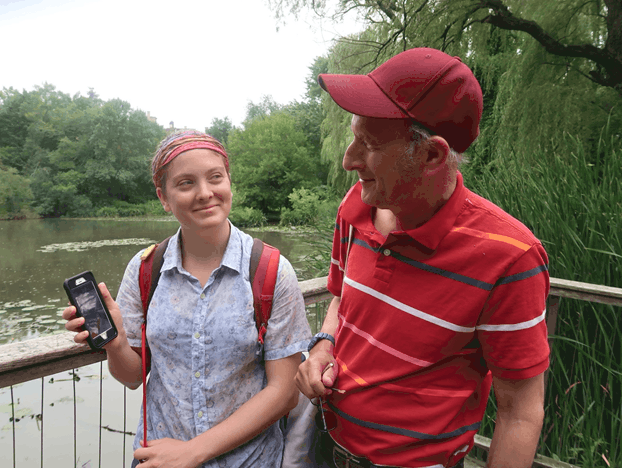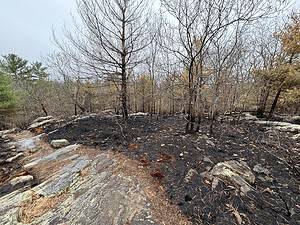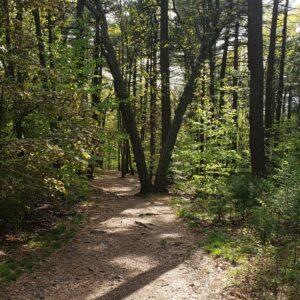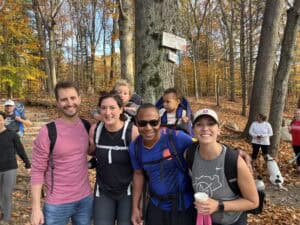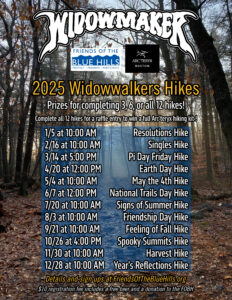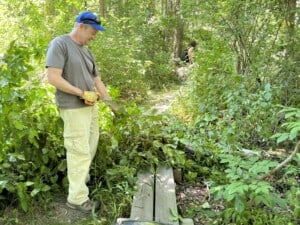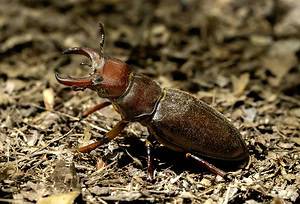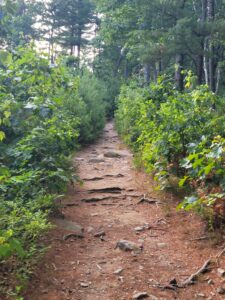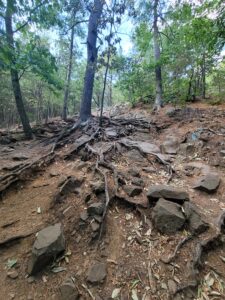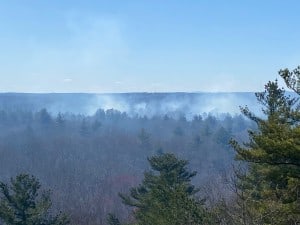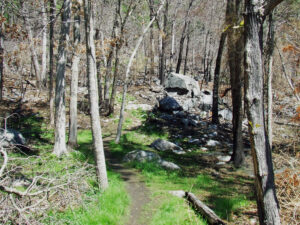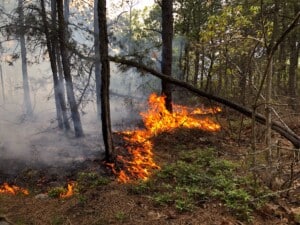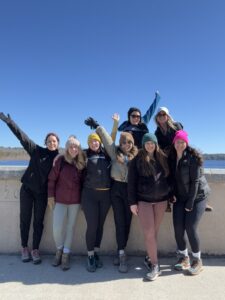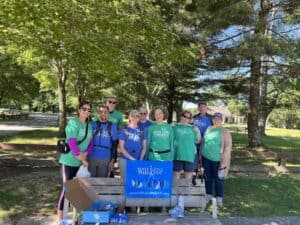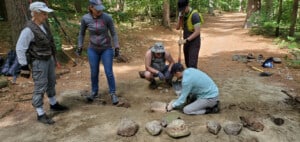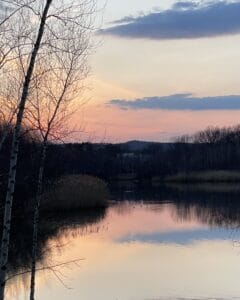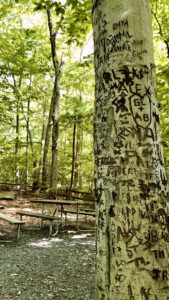COVID-19 makes two Boston urban parks quieter, but another is noisier
When the COVID-19 pandemic lockdown reduced human activity across the United States last spring, Boston University researchers expected a similar decrease in noise pollution in Boston’s parks. While two urban parks did get quieter, a third park got noisier. The results were recently published in the journal “Biological Conservation”.
Noise pollution is a common complaint in protected areas, particularly those in urban regions. Noise pollution from traffic and other human activities interferes with the enjoyment of nature and can change wildlife behavior.
Lead author Carina Terry began monitoring sound levels pre-pandemic as part of an undergraduate research project studying noise pollution in three protected areas in metropolitan Boston. Her work quantified how noise levels declined with greater distance from roads. After the onset of COVID-19, these measurements created an opportunity for her and her team to compare sound levels before and during the pandemic.
Hammond Woods in Newton and Hall’s Pond Sanctuary in Brookline both experienced decreases in sound levels of about 1-3 decibels during the pandemic, which made the parks noticeably quieter. This result was expected; car traffic, construction, and landscaping are major sources of noise pollution, and reduced activity means less noise.
However, Blue Hills Reservation in Milton experienced an increase of 4-6 decibels. “We were surprised by Blue Hills,” Terry said. “We expected the three parks to have similar responses to the pandemic. But even remote areas of Blue Hills were distinctly noisier.”
The difference is that noise at Blue Hills is mainly from a congested six-lane highway and other major roads that cut through the park. With fewer cars and trucks during pandemic, the traffic moves much faster and so creates more noise throughout the park.
“Investigating how sound levels are changing during the pandemic helps us understand what is going on now, and helps us develop solutions to reduce noise pollution in the future”, Terry says.
Terry’s research was submitted as undergraduate honors thesis for the Kilachand Honors College and the Earth and Environment Department at Boston University. For this thesis, she was awarded the Francis Bacon Award for Writing Excellence in the Natural Sciences.
The paper was published in “Biological Conservation”: Carina Terry, Matt Rothendler, Lucy Zipf, Mike Dietze, and Richard B. Primack. 2021. Effects of the COVID-19 pandemic on noise pollution in three protected areas in metropolitan Boston (USA). Biological Conservation, in press. You can read the report here or in Biological Conservation.
Photo: Terry and Primack at Hall’s Pond Sanctuary in Brookline, MA, one of the sites studied. Measurements were performed using an iPhone app.
Source: Boston University

